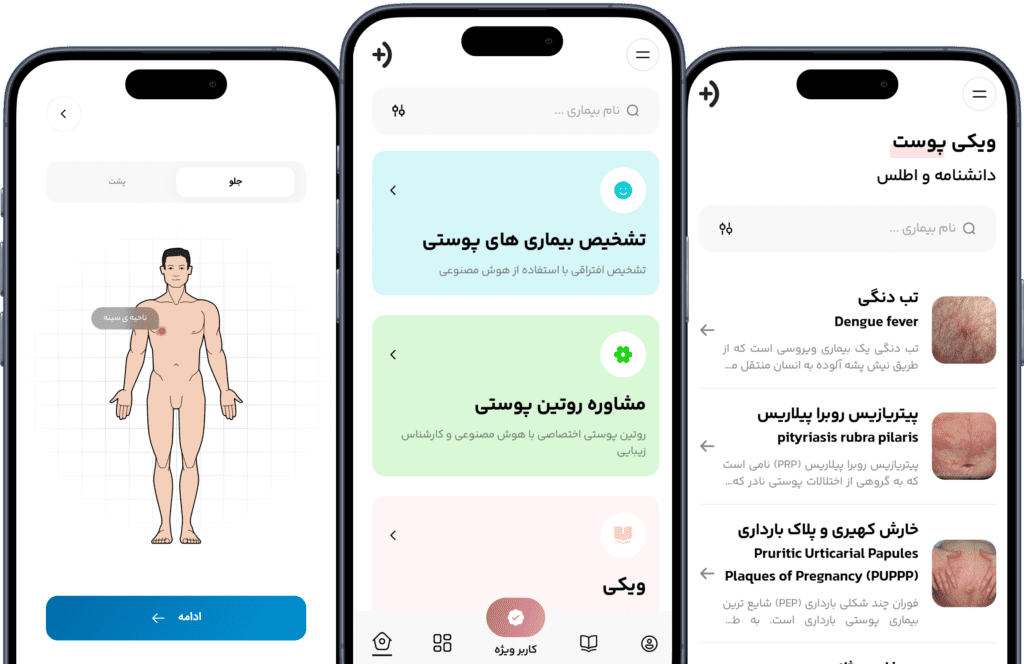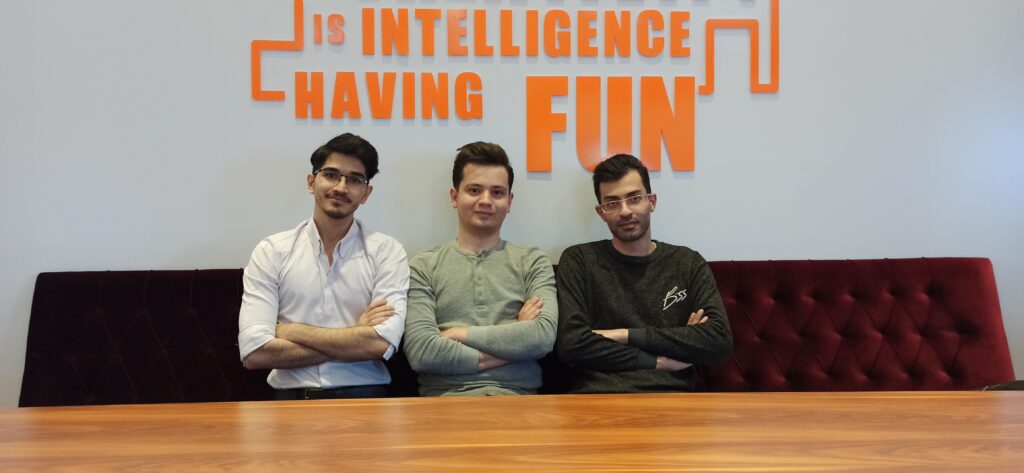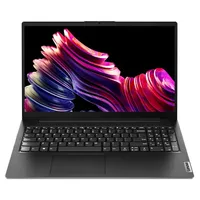At the 25th Abu Rihan Research Congress, Reza Jahanshahi, co-founder of Wizsan startup, spoke about his team’s experiences, challenges and achievements in the field of artificial intelligence and digital health; He talked about his team’s initiatives in using technology to solve skin problems, legal and financial challenges in Iran, and the company’s future prospects.
Wizsan; Combining artificial intelligence and digital health
“Reza Jahanshahi”, in the beginning of his speech, mentioned a common problem in the society, which became a spark for the establishment of “Vizsan”. “Many people, when faced with skin problems, search on Google instead of seeing a doctor,” he said. Statistics show that about 70% of people look for medical answers online. But unfortunately, only 52% of them end up going to the doctor. “This delay or ignoring skin problems makes the treatment process very difficult.”
Jahanshahi and his team decided to provide an efficient and accessible tool for diagnosing and managing skin problems using artificial intelligence technology. Their main goal was that people could get accurate information about their skin condition by spending less money and without having to visit a doctor in person.
A revolution in the diagnosis of skin diseases with Vissan
One of the most important parts of the Wizsan project is the use of artificial intelligence technology. Jahanshahi explained that their work started in 1400 and their team collected a lot of data before seriously entering the market. He added: “We developed the AI models as a team and used data from skin images and user responses. “These models estimate the probability of various diseases by analyzing the images and information of users.”
Jahanshahi continued: “This process includes taking photos of skin layers and answering related questions. AI then compares this information with valid medical data and presents its results. These results include a possible diagnosis, disease information, and recommendations for treatment.”
Jahanshahi emphasized that users can get comprehensive information about disease symptoms, people who are at risk, and the right time to see a doctor.
Physicians, another group of Wizsan’s audience
In addition to general services, Vizsan has also provided tools for doctors. Jahanshahi said: “Doctors can upload skin images of their patients to our system and use artificial intelligence tools for faster and more accurate diagnosis. Also, for each disease, suggested diagnostic and treatment procedures are presented.


Despite these possibilities, some limitations still remain. According to Jahanshahi: “Due to high costs and the lack of proper legal infrastructure, it is currently not possible to directly refer patients to doctors through the platform. However, the Wizsan team is working to provide this capability by collaborating with online medical platforms.”
Absence of rules, a challenge on the way of Visasan
One of the biggest obstacles that Wizsan faces is the legal vacuum in the field of artificial intelligence. Jahanshahi said: “The lack of necessary regulations and licenses has made companies and investors refuse to cooperate with new teams. This issue is a serious obstacle to expanding our activities and attracting capital.”
He added: “Even when investors are interested in our idea, they stop investing because of the lack of clear rules and the possibility of legal problems.” This legal gap not only hinders our cooperation with big companies and doctors, but also slows down our growth and development process.
The future of Visasan
Despite the existing challenges, Wizsan team has a clear vision for its future. In this regard, Jahanshahi said: “We are trying to expand our services to other areas of digital health and improve our artificial intelligence models with more and more accurate data.”
One of the important projects of this company is the collection of data related to diseases. Jahanshahi explained: “Our goal is to provide comprehensive and practical medical information to users in a simple and understandable format. “We want to create tools that not only doctors but also the general public can easily use.”
He also mentioned a new project related to facial skin analysis. Jahanshahi said: “In this project, users can receive a report of their skin problems by taking a photo of their face and answering related questions. Then, based on this report, morning and night care routines are suggested to them.”
RCO NEWS
















